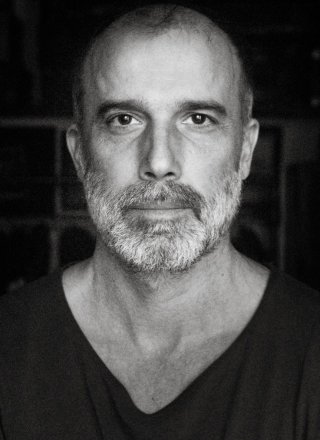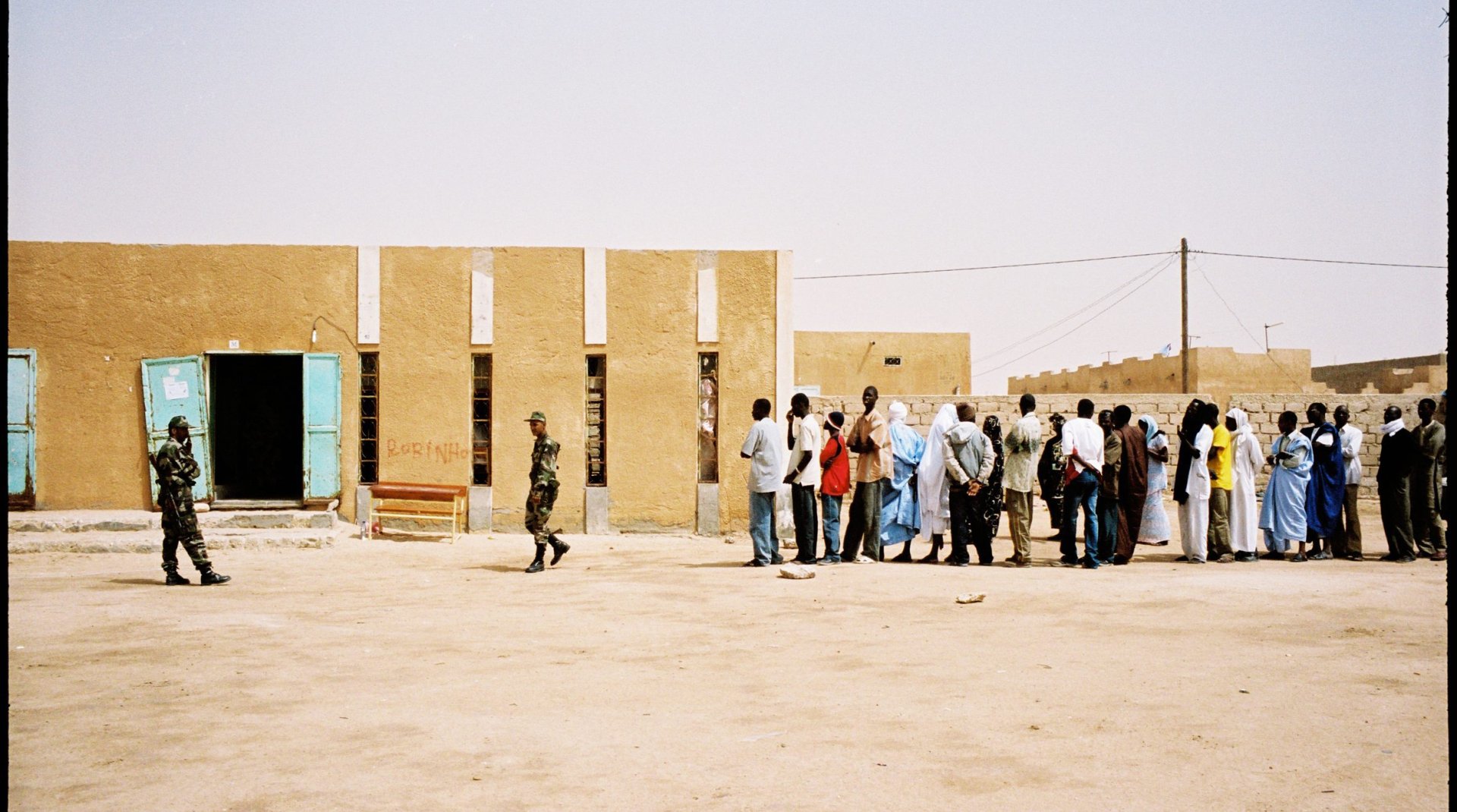
Presidential Election in Mauritania
Stéphane Lagoutte
pour Le Monde 2
After two weeks on the campaign trail, in four-wheel drive vehicles traveling back and forth between the Sahel and the Sahara, after confrontations at meetings, delays, extensions and so on, the campaign teams of the nineteen candidates running for the presidency were utterly exhausted. There were the committees that greeted them along the roadside, the constant tooting of horns from supporters, the loud-speakers blaring out speeches and campaign songs – everything contributed to their fatigue, but also kept them all awake and in a certain state of euphoria. At each stopover, there was the endless shuttling in and out of tribal leaders, businessmen, opportunists and anyone curious enough to turn up. They gathered for hours outside the candidate’s door, waiting to be heard, to offer their services, bargain for their vote, or sometimes just waiting to be seen. And each time, the candidate had to receive all those who had assembled to pay tribute, one by one, serving tea, without any time for a break.
Preview
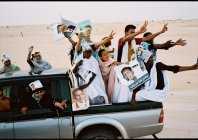
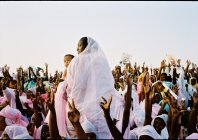
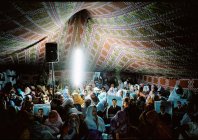

In 1960, the Islamic Republic of Mauritania gained independence. It had never been a democracy: for eighteen years there had been one-party rule, then five coup d’états in the space of six years and a brief period with the sharia, followed by twenty-one years of dictatorship that was overthrown in August 2005. Colonel Ely Uld Mohamed Vall, who held the position of president at the time, promised free elections, and in November and December 2006, legislative and local elections were held. Then came the presidential elections. Members of the transitional government were not allowed to stand, or even to express a preference for a candidate; this was to ensure due independence for the entire process. Of course, in a country where rumors move like the shifting sands, various ideas did filter through. There was veiled support, ways of buying men’s minds and tribal negotiations – all epiphenomena that are part of a country with such strong traditions and ethnic rivalry and conflict. During the campaign, speeches were aimed at federating forces, offering a fairer distribution of wealth, development for industry, education, healthcare and so on; given the resources of the country – minerals, oil and fishing – things could be better. In political life and key positions in society, black Mauritanians are still substantially under-represented. But this is a first step. The great success of these elections, offering hope for a lasting and thriving democracy, will come with a new dialogue introducing the practice of opposition and alliances. To achieve this, the society itself will have to change and those in power must make sure that they do not fall into the traps of the past.
Stéphane Lagoutte




